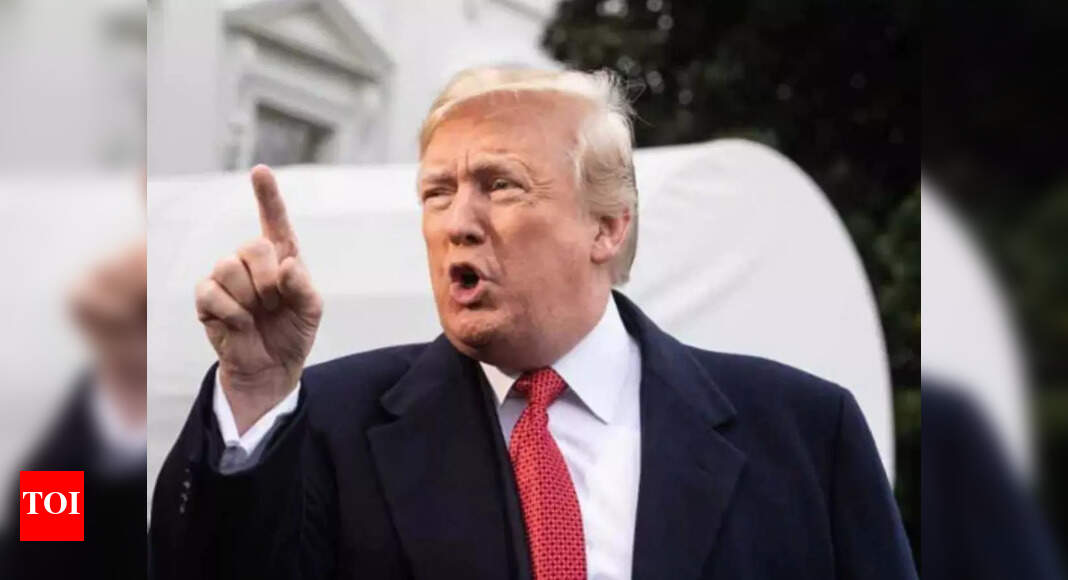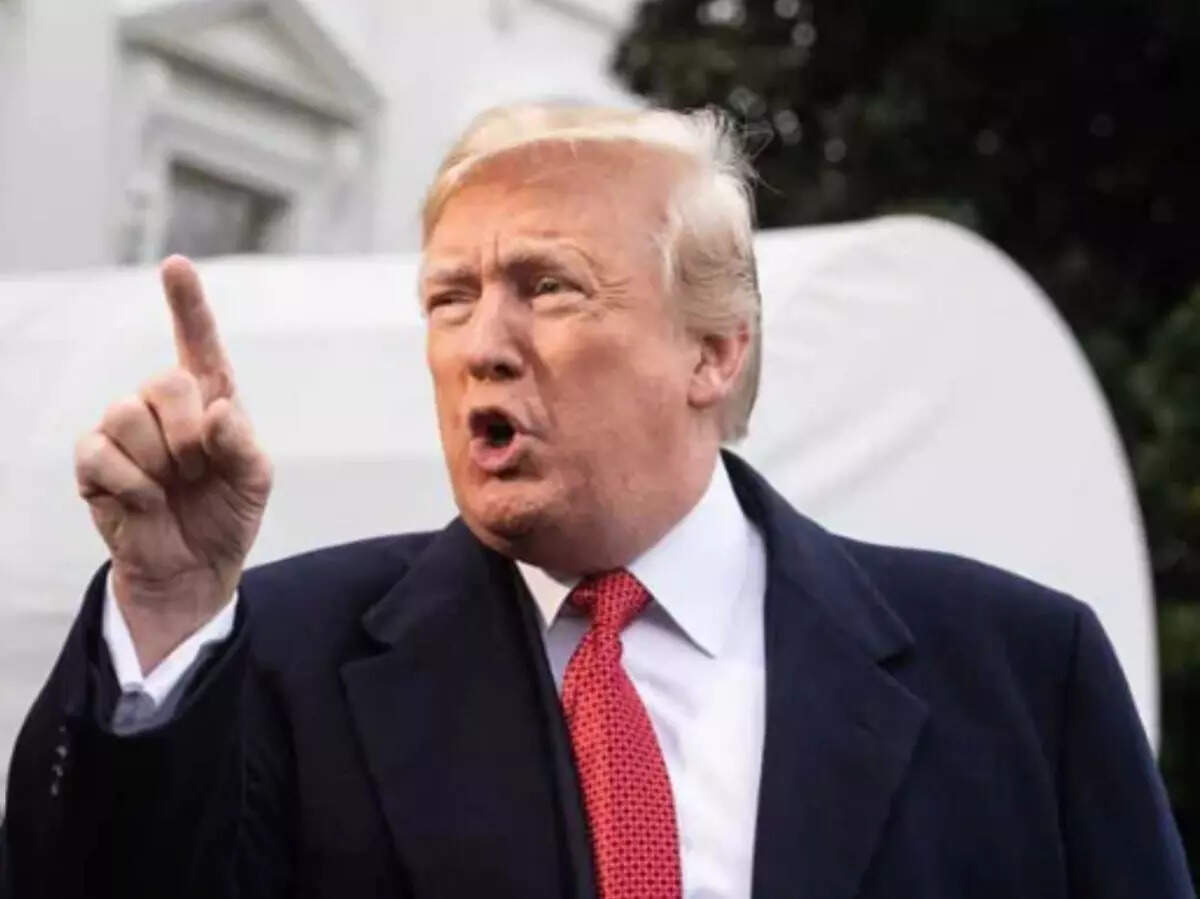At a White House event marking the National Day of Prayer, President Donald Trump stood flanked by religious leaders of every stripe—Christian pastors, Jewish rabbis, Hindu swamis, Buddhist monks, and Muslim imams.
But in typical Trump fashion, what began as a carefully choreographed moment of spiritual unity soon veered into campaign trail chaos, as he launched into an unscripted anecdote involving imams, death, and what he mistakenly called “38 virgins.”
“I love them. They were great,” Trump said, recalling a meeting with Muslim leaders in Michigan during the 2024 campaign. “They said, ‘We don’t want to die.’ I said, ‘You want to die?’ They said, ‘We don’t want to die.’ I said, ‘What about the 38 virgins?’ They said, ‘That’s nonsense.’”
The line triggered predictable mockery online. “It’s 72 virgins, not 38,” one X user deadpanned. “Trump’s math works in mysterious ways.” Another joked that the number downgrade was the latest example of the former president’s famed deal-making abilities—“negotiating paradise down by 47%.”
The “72 virgins” concept itself is a widely misunderstood and often misrepresented trope. It originates from a disputed hadith in some medieval Islamic texts and is not mentioned in the Quran; most mainstream Islamic scholars regard it as symbolic, apocryphal, or even satire, not doctrinal theology. Nonetheless, the idea has been weaponised by extremists and misused in the West as a crude stereotype to paint Muslim beliefs as inherently violent or absurd.
But behind the laugh lines lies a far more consequential reality: Trump’s growing appeal among Muslim voters, especially in Michigan’s Arab-American communities. It’s a political realignment that few pundits predicted—and one that helped tip a critical battleground state in his favour.
Earlier, during the 2024 election, many Arab and Muslim American voters, particularly in battleground Michigan, made a surprising shift toward Donald Trump. In Dearborn, a city with one of the largest Muslim populations in the United States, Trump won 42% of the vote, a remarkable jump from the roughly 26% he garnered in 2020.
Democratic nominee Kamala Harris, burdened by the Biden administration’s handling of the Gaza conflict and broader Middle East policy, secured just 36%, while Green Party candidate Jill Stein received 18%. Trump’s deliberate outreach to Muslim leaders, his vows to “end the wars,” and his emphasis on religious liberty struck a chord with voters frustrated by Democratic foreign policy and progressive cultural agendas.
For many Muslim Americans, particularly in Yemeni and Palestinian communities, Trump’s platform, while flawed, felt more aligned with their priorities than the Democratic status quo. It was a calculated, interest-based vote rather than an endorsement of his persona, but in a tight state like Michigan, it made all the difference.




